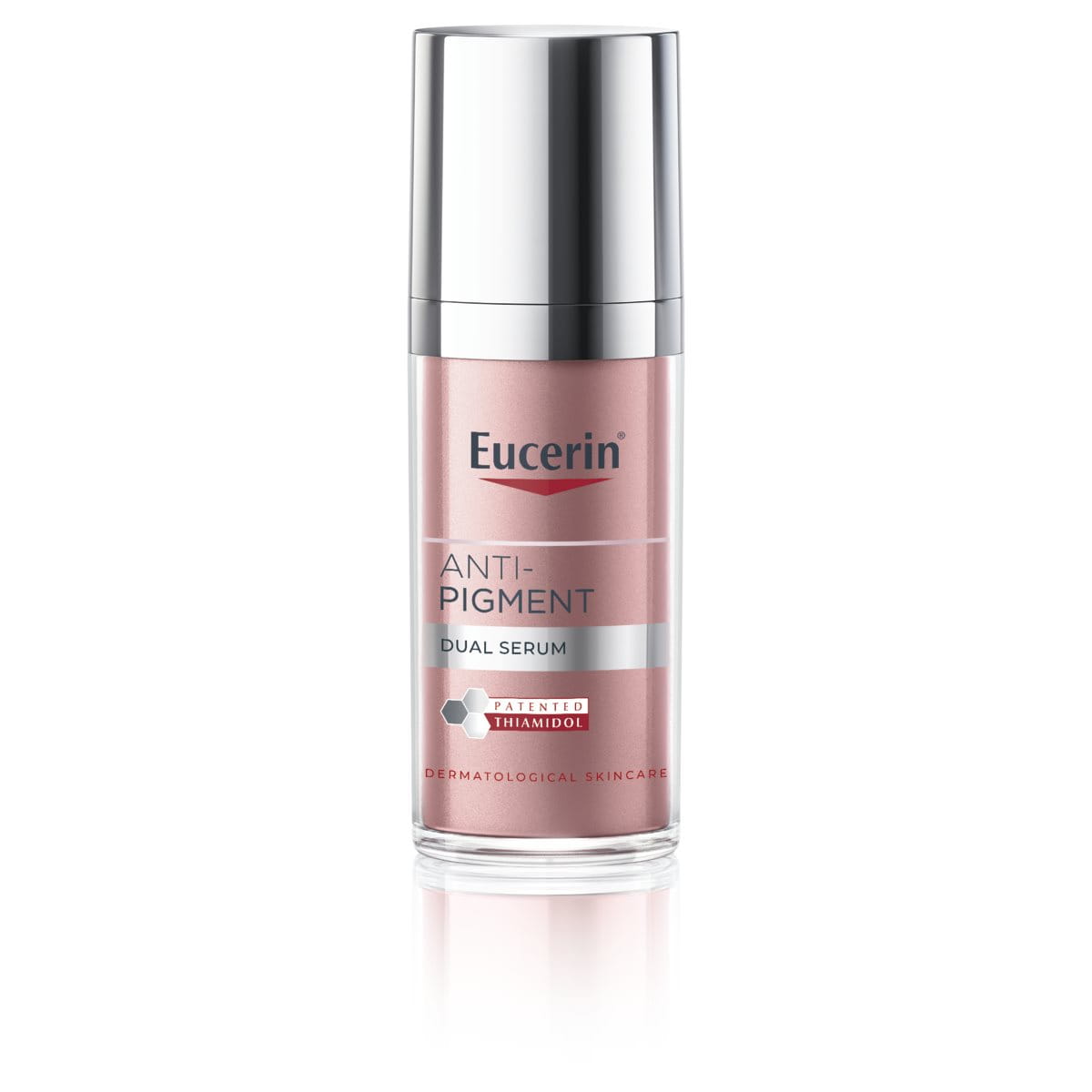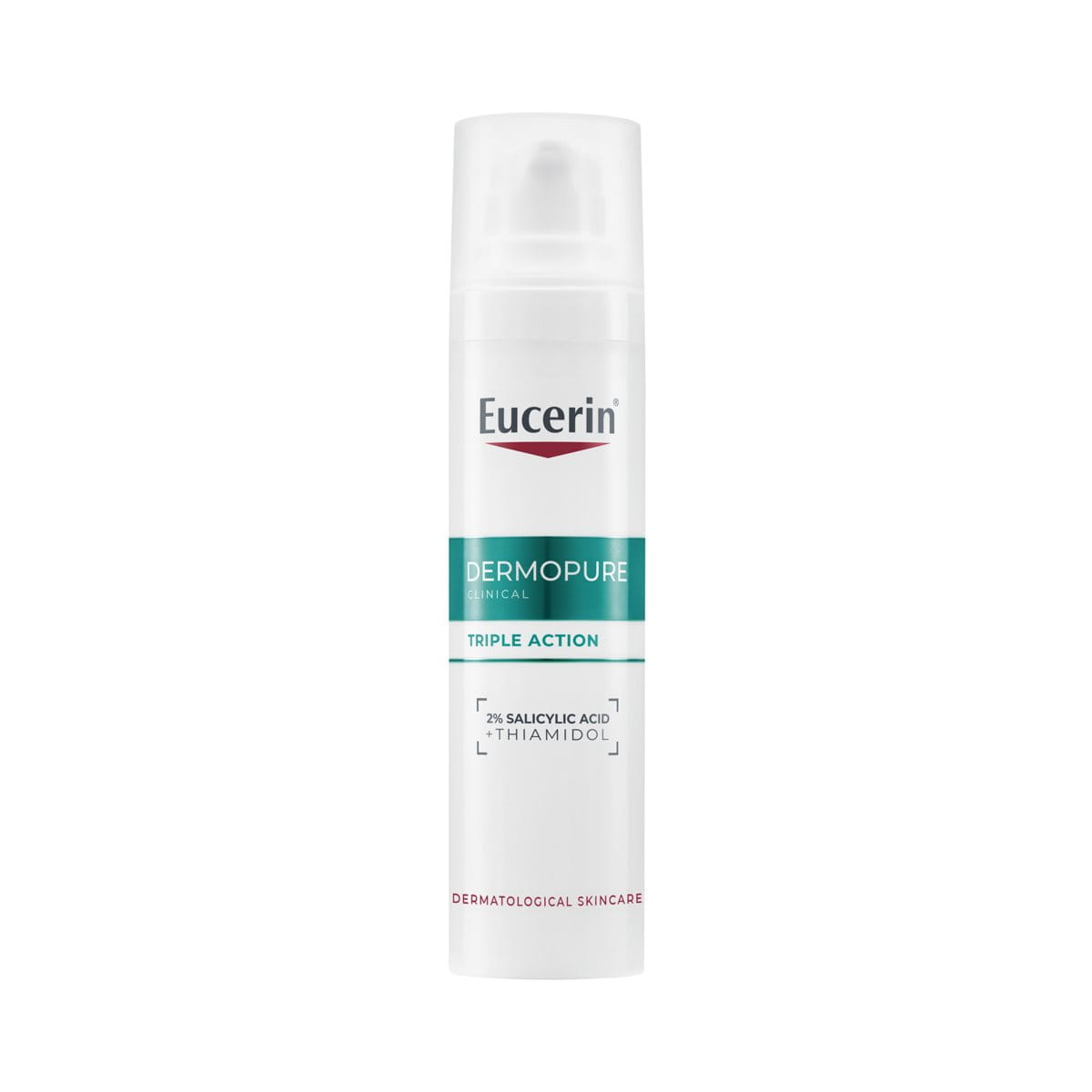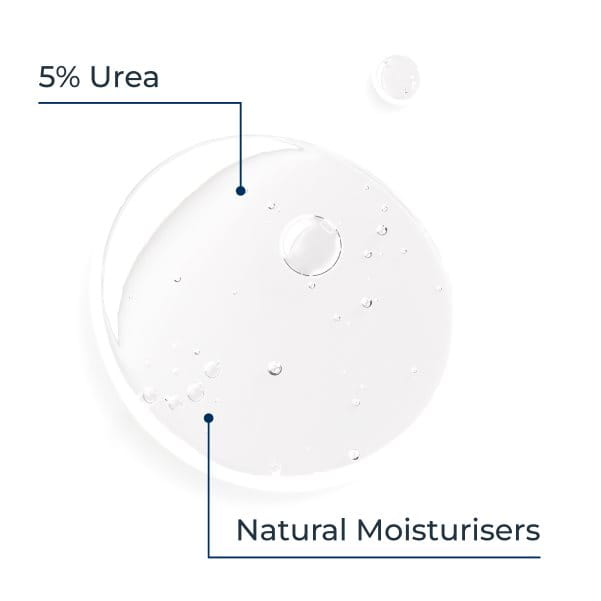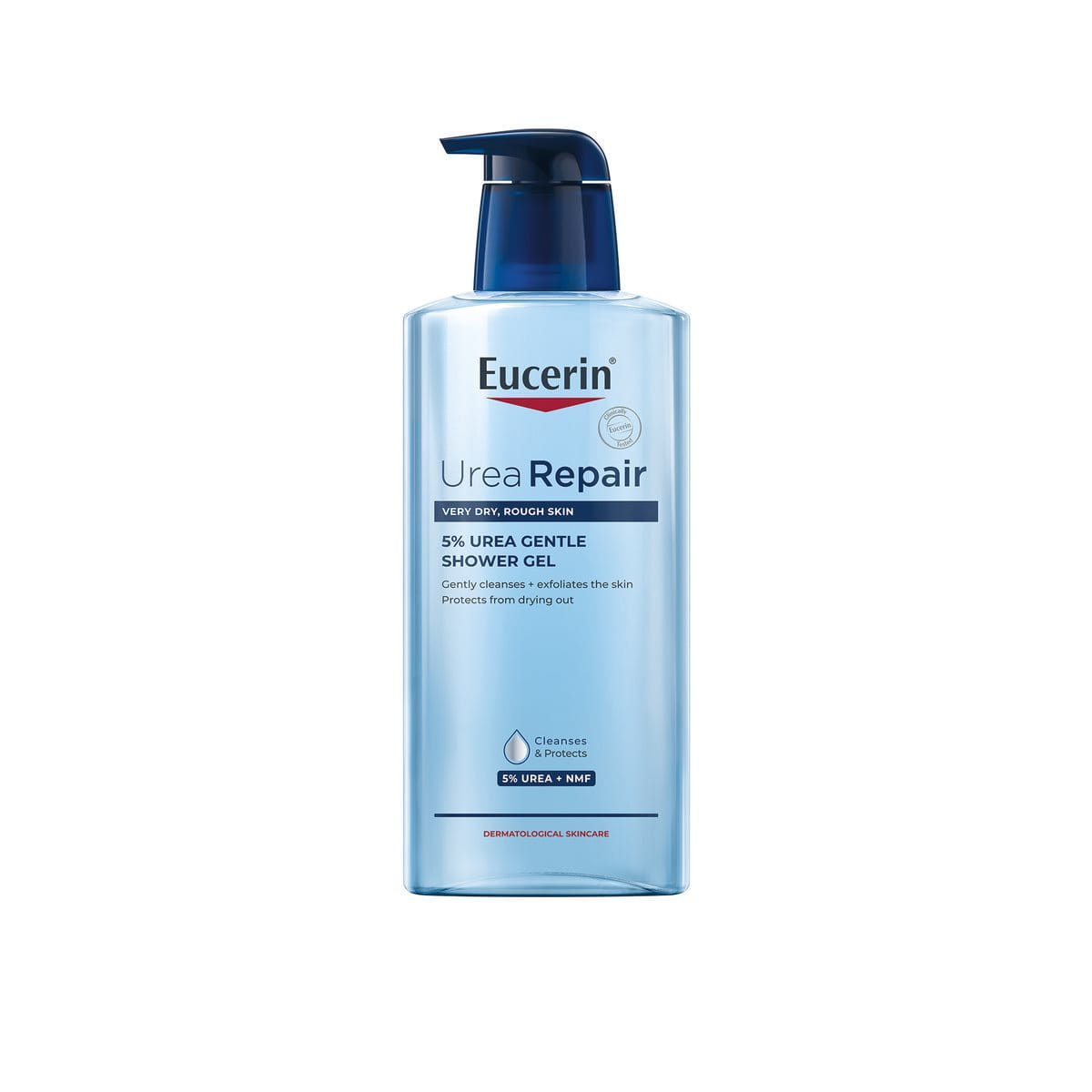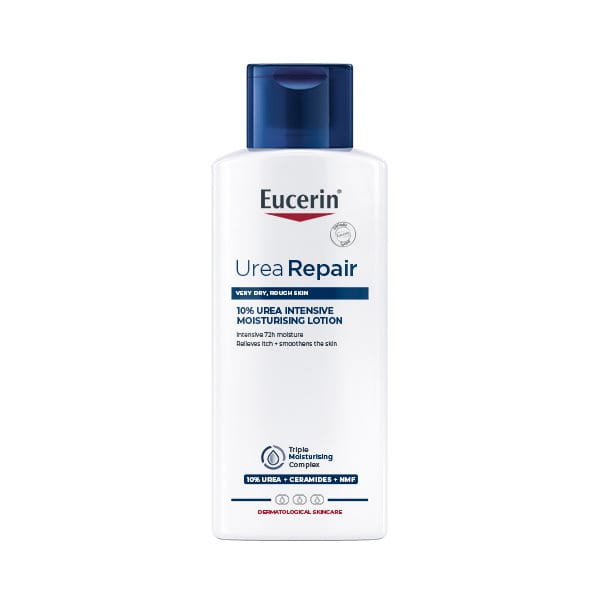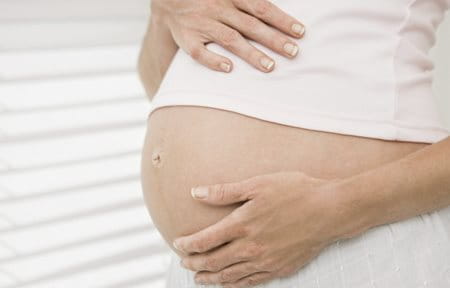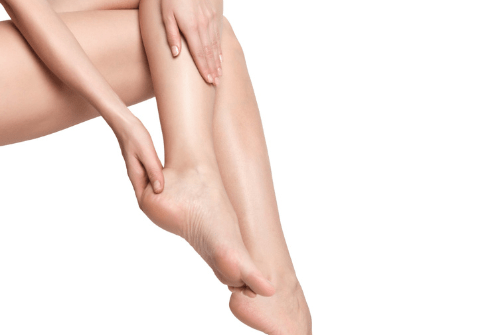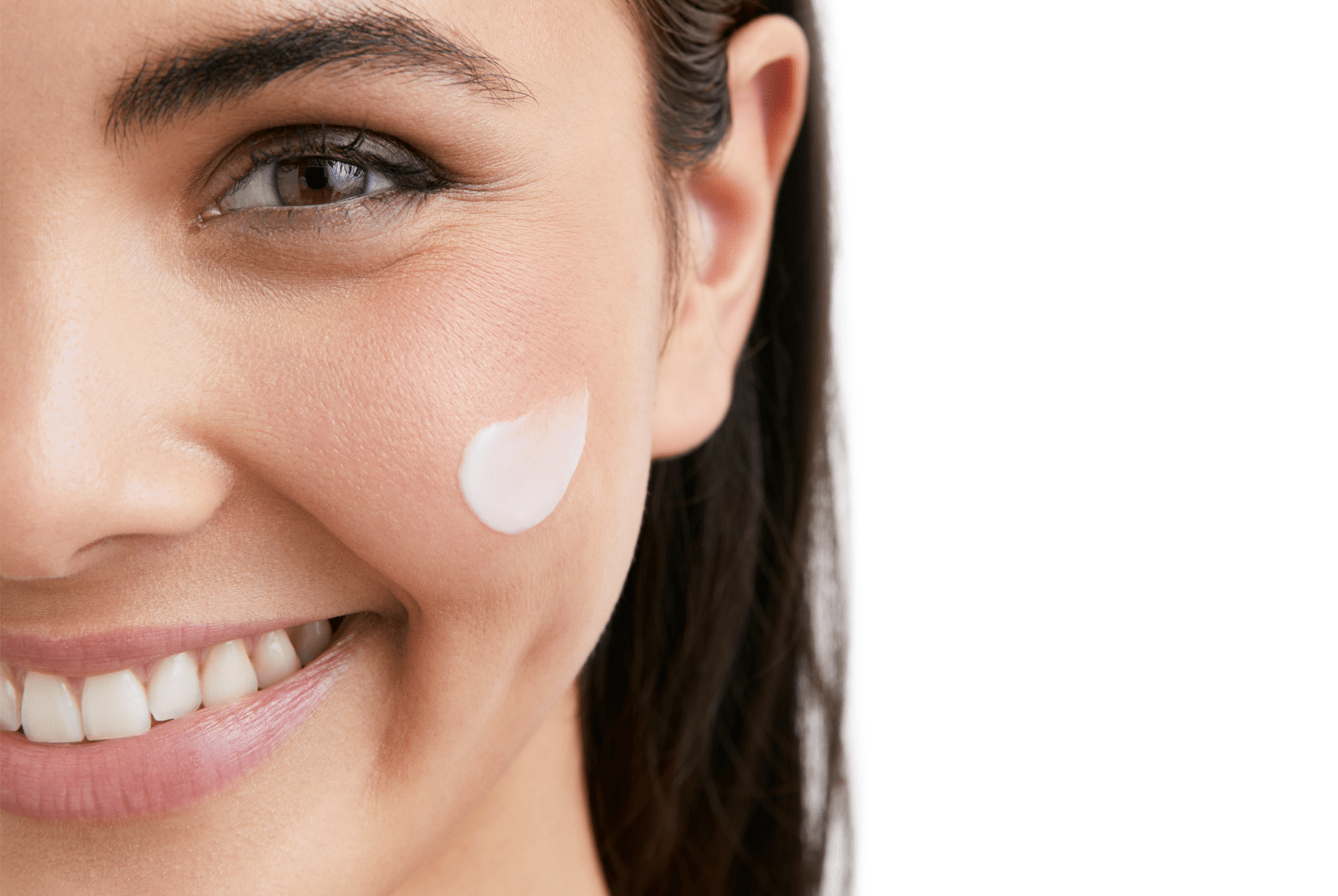Published: September 2022
Last Reviewed: August 2025
Pregnancy is a transformative time for the body and the skin is often one of the first places women notice changes. As hormones fluctuate and the body stretches to accommodate new life, many pregnant women experience dry, itchy, or sensitive skin.
Fortunately, a consistent and targeted body care routine can help keep skin hydrated, comfortable, and resilient throughout pregnancy. Learn what causes this change and how you can alleviate symptoms of dry skin when pregnant.
